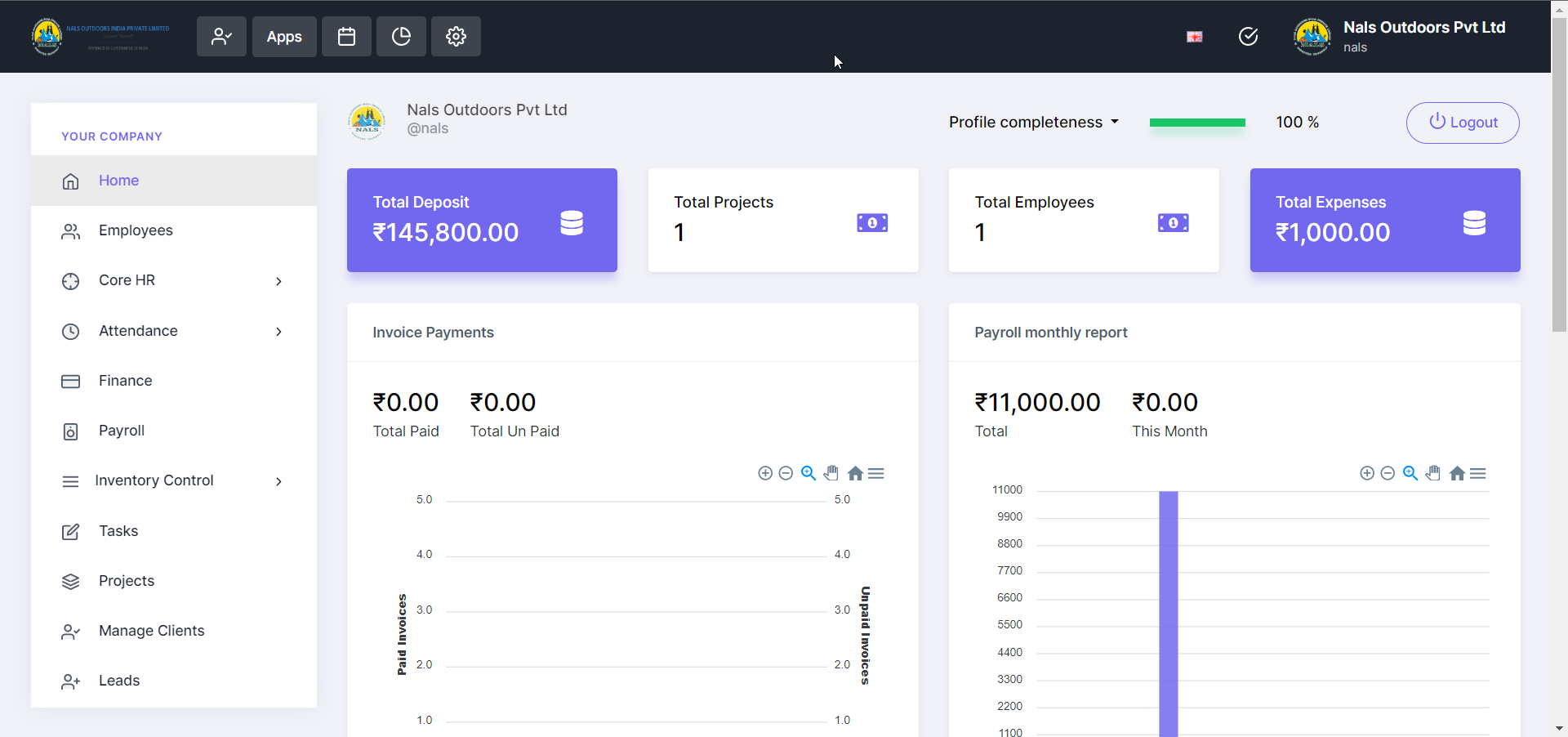Human Resource Management (HRM)
Human Resource Management (HRM) is the process of managing human resources, which are the people who make up an organization's workforce. The goal of HRM is to effectively and efficiently manage employees in order to achieve organizational objectives.
HRM involves a range of activities, including recruitment and selection, training and development, performance management, compensation and benefits, and employee relations. These activities are aimed at creating a positive work environment, maintaining good relationships with employees, and improving organizational performance.
Effective HRM practices can help organizations to attract and retain talented employees, improve employee engagement and productivity, and create a positive workplace culture. HRM is also important for ensuring compliance with labor laws and regulations, and for managing legal and ethical issues related to employment.
The functions of HRM can be divided into the following categories:
- Recruitment and selection: HRM is responsible for identifying the staffing requirements of an organization and attracting suitable candidates to fill those positions. This involves creating job descriptions, advertising job vacancies, screening and interviewing applicants, and ultimately selecting the best candidates for the job.
- Training and development: Once employees are hired, HRM is responsible for ensuring that they receive the necessary training and development to perform their jobs effectively. This may include orientation programs for new employees, on-the-job training, and ongoing professional development opportunities.
- Performance management: HRM is responsible for setting performance standards, monitoring employee performance, and providing feedback to employees. This includes conducting performance evaluations, identifying areas for improvement, and providing coaching and support to employees.
- Compensation and benefits: HRM is responsible for designing and implementing compensation and benefits packages that are competitive with other organizations in the industry. This includes determining salaries, bonuses, and other forms of compensation, as well as managing employee benefits such as health insurance and retirement plans.
- Employee relations: HRM is responsible for maintaining positive relationships between employees and the organization. This involves addressing employee concerns and grievances, managing conflicts, and creating a positive work environment.
